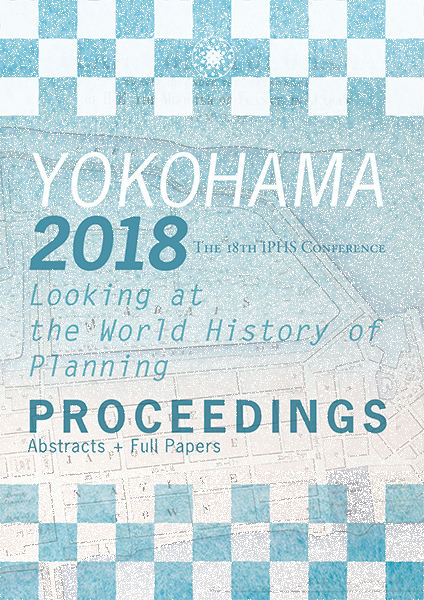An investigation on China’s NGOs in urban heritage preservation
Taking the grassroots NGO of Tianjin memory as a case
DOI:
https://doi.org/10.7480/iphs.2018.1.2716Abstract
As for China’s urban heritage preservation, besides the top-down actors, some non-governmental organizations have emerged and started to play increasingly noticeable parts. The paper accordingly explores China's increasingly pluralistic situation in urban heritage preservation, and reveals the roles of these non-governmental players. The paper selects Tianjin Memory as a specific case, and elucidates its developments and transformations from 2006 to the present via documental research, in-depth interviews and internet big data analyses. Informed by internal ecological relationship analyses, the paper divides its development process into four main stages: start, rapid development, differentiation and reorganization. Each stage is examined from six factors, i.e. human resources, structure and management, finance, social resources, products and achievements, based on NGOs’ influence evaluation in sociology. The research further identifies the main limitations and challenges for Tianjin Memory. As a part of the discussions about China’s current pluralistic urbanism, this paper brings forwards some suggestions for a healthy and sustainable future of Tianjin Memory and other similar NGOs in China.

